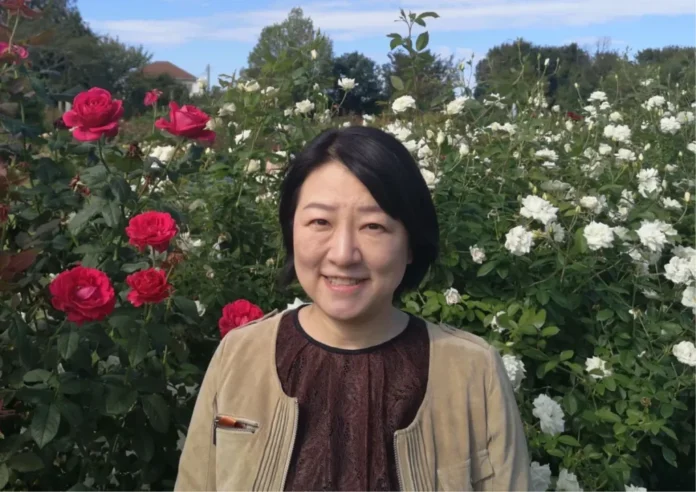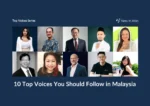Imagine working in a country where societal norms have historically dictated that men lead in the workforce while women shoulder household responsibilities. For many professionals in Japan, this remains an enduring reality. Mika Magoshi, a seasoned executive and thought leader in Diversity, Equity, and Inclusion (DEI), has witnessed firsthand the struggles of women, minorities, and...
RELATED ARTICLES
© NewInAsia.com 2025








